This is a question I am frequently asked by pet parents, who only want to do the best for their beloved pet. Frequently they are reflecting well ahead of needing to make a decision, but sometimes they are having trouble coming to terms with actually having to say goodbye.
Discussing the end of life is a very emotive topic, and it is not only a topic involving senior pets.
Animals who are dealing with major trauma, cancer, or spinal injuries are often in a situation where they may be in pain, or owners need to provide extra help with their daily needs.
Animals who are dealing with major trauma, cancers, or spinal injuries are in a situation where owners need to provide help with their daily needs.
Every person alive has a different view of when animals are suffering and when they are not. For many of our patients at Active Pet Rehabilitation "A Dogs Life" involves having every need catered for by their owners, and a pantry selection the envy of any foodie.
With mobility solutions and hospice care more readily available for pets, a life with some restrictions or increased management requirements is no longer regarded as suffering by many pet owners.
Providing animals are not in pain, suffering from infections as a result of immobility, or their owners struggling with the physical and emotional burden of having to care for them, quality of life can be a difficult judgment to make, and is very much a case by case assessment. When patients come to see us they are often at their best, happy and interested because of the extra attention and stimulation they receive. But once they leave all the hard work to maintain the quality in their life falls to their owners again.
I often use the questionnaires below with pet owners as a good starting point for helping everyone come to a decision on when it will be kindest to let go.
All members of the family should complete the questionnaires and share their assessments.
If some feel the burden of care is too much for them others may step up to help with management if they are not yet ready to say goodbye. Or all family members may agree at which point in the future, for the pet’s sake, it is time to let them go with dignity.
Pet caregivers can use this Quality of Life Scale to determine if their pet is getting adequate care.
Score each section using a scale of 1 to 10.
Score Range: Criterion
1-10 HURT: Adequate pain control, including breathing ability, is first and foremost on the scale. Is the pet's pain successfully managed?
1-10 HUNGER: Is the pet eating enough? Does hand feeding help?
1-10 HYDRATION: Is the pet dehydrated? For pets not drinking enough, the use of subcutaneous fluids once or twice daily to supplement fluid intake may be an option.
1-10 HYGIENE: The pet should be brushed and cleaned, particularly after elimination. Check regularly to avoid pressure sores and keep all wounds clean. Skin sores can cause discomfort and low-level infection, impacting on the quality of life.
1-10 HAPPINESS: Does the pet express joy and interest? Is the pet responsive to things around him or her (family, toys, etc.)? Is the pet depressed, lonely, anxious, bored, or afraid? Can the pet's bed be closer to family activities and not be isolated?
1-10 MOBILITY: Can the patient get up without assistance? Does the pet need human or mechanical help (e.g., a cart)? Does the pet feel like going for a walk? Is the pet having seizures or stumbling? Some caregivers feel euthanasia is preferable to amputation of a limb, yet an animal who has limited mobility but is still alert and responsive can have a good quality of life as long as caregivers are committed to helping the pet.
1-10 MORE GOOD DAYS THAN BAD: When bad days outnumber good days, without end in sight (i.e. recovery from traumatic injury), quality of life for all concerned might be compromised. When a healthy human-animal bond is no longer possible, the caregiver must be made aware that the end is near that a decision needs to be made if the pet is suffering. If death comes peacefully and painlessly, that is OK.
Quality of Life Scale: The HHHHHMM Scale created by
ALICE VILLALOBOS, DVM
*A total score over 35 points represents an acceptable quality of life.
FURTHER READING:
www.veterinaryteambrief.com
HANDOUT Quality of Life Scale
Dani McVety, DVM
Lap of Love Veterinary Hospice
Tampa, Florida




